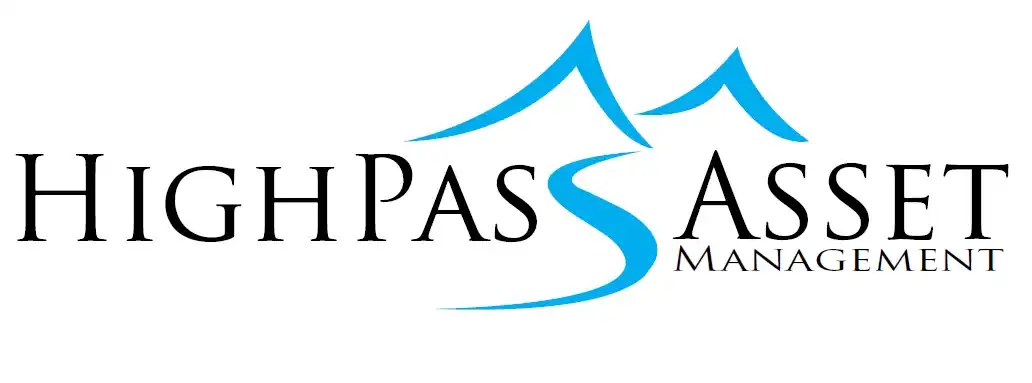Frequently Asked Questions
F.A.Q.
What is a Fee-Only Adviser?
Fee-Only investment advisers can be compensated in only one way; the transparent and contractually agreed upon fees that they charge their clients. Fee-Only investment advisers do not sell products with hidden commissions. Fee-Only investment advisers do not sell life insurance. Fee-Only investment advisers are in the extreme minority. According to a FINRA study, 88% of investment adviser representatives are also registered as stockbrokers; stockbrokers can sell products with non-transparent commissions. Because the vast majority of financial advisors are dual-registered as both investment advisers and stockbrokers, most consumers are working with an FA who has conflicts of interest present in their compensation model. Eliminate the confusion; work with a Fee-Only adviser who offers complete transparency.
What separates us from other financial advisors?
- Full-Time Fiduciaries
- Independent
- Fee-Only
- No Conflicts-of-Interest
- No Products
- Tax Advice & Tax Planning
- Exceptional Credentials
- Commitment To Excellence
- We Love our Clients!
What is a CFA Charterholder?
CFA stands for Chartered Financial Analyst. A charter is a professional credential bestowed by the CFA Institute on financial and investment professionals who have completed its program of study, passed all three levels of its examinations, and met other professional requirements. The CFA program is a graduate level of study. Candidates for the program commit an average of 900+ cumulative hours of study time to complete all three levels.
What does being a Fiduciary mean?
A fiduciary is a professional entrusted to manage assets or wealth while putting the client’s best interests first at all times. Financial advisors who follow a fiduciary standard must disclose any conflict, or potential conflict, to their clients prior to and throughout the advisory engagement. Fiduciaries will also adopt a code of ethics and will fully disclose how they are compensated.
What is an independent financial advisor?
Independent Registered Investment Advisers are professional independent advisory firms that provide personalized financial advice to their clients, many of whom have complex financial needs. Because an independent investment adviser is not employed by a Wall Street bank, he will not have proprietary products. Independent advisers are free to select only the investments they believe are best for their clients, free from the influence of a Wall Street bank. As fiduciaries, they are held to the highest standard of care—and are required to act in the best interests of their clients at all times. They are registered with either the Securities and Exchange Commission or state securities regulators.
What is a CPA?
A certified public accountant (CPA), however, is someone who has earned a professional designation through a combination of education, experience and licensing.
In addition to completing a program of study in accounting, and acquiring professional work experience in public accounting, a CPA candidate also must sit for and pass the Uniform CPA Examination.
The exam itself is developed and graded by the American Institute of CPAs (AICPA). Licensing, however, is done by state, district and county Boards of Accountancy.
Where is my money kept?
In our advisory role, we never take custody of client assets. We utilize Fidelity Brokerage Services LLC as the custodian of client accounts and as our primary broker. Our relationship with Fidelity is an arm’s length transaction with no exchange of funds between Fidelity and HighPass Asset Management. When your account is established with Fidelity, you provide HighPass Asset Management with limited trading authorization on your account. This authority allows us to process trades directly in client accounts.
